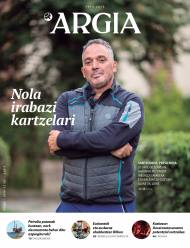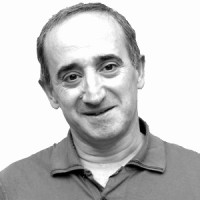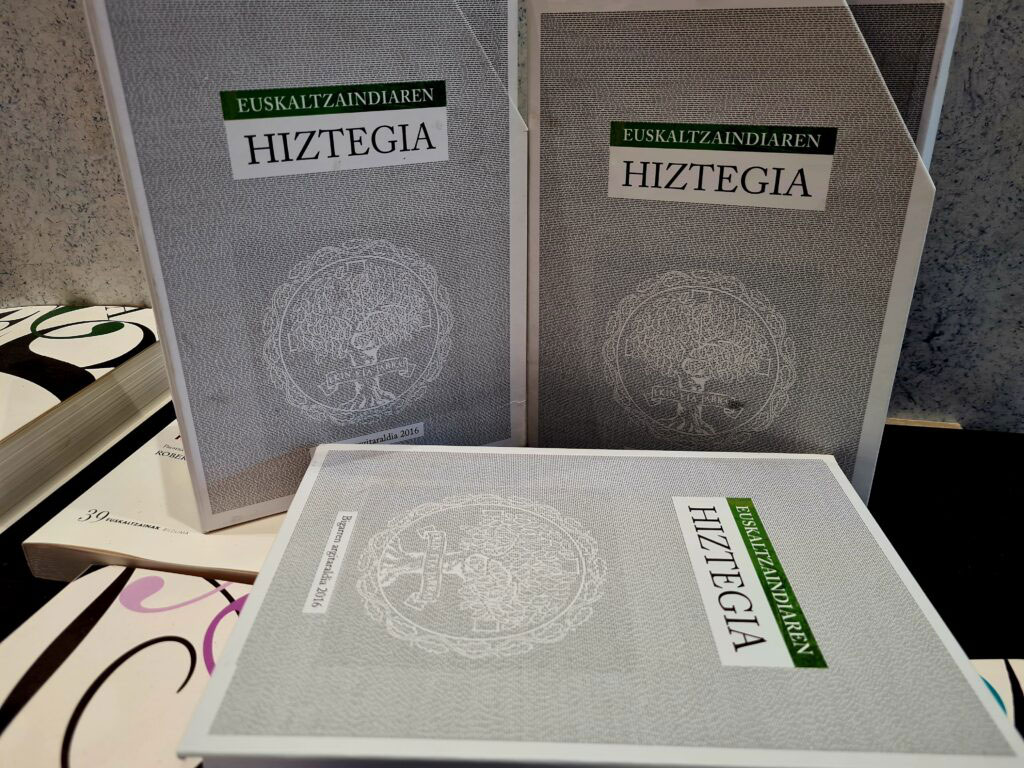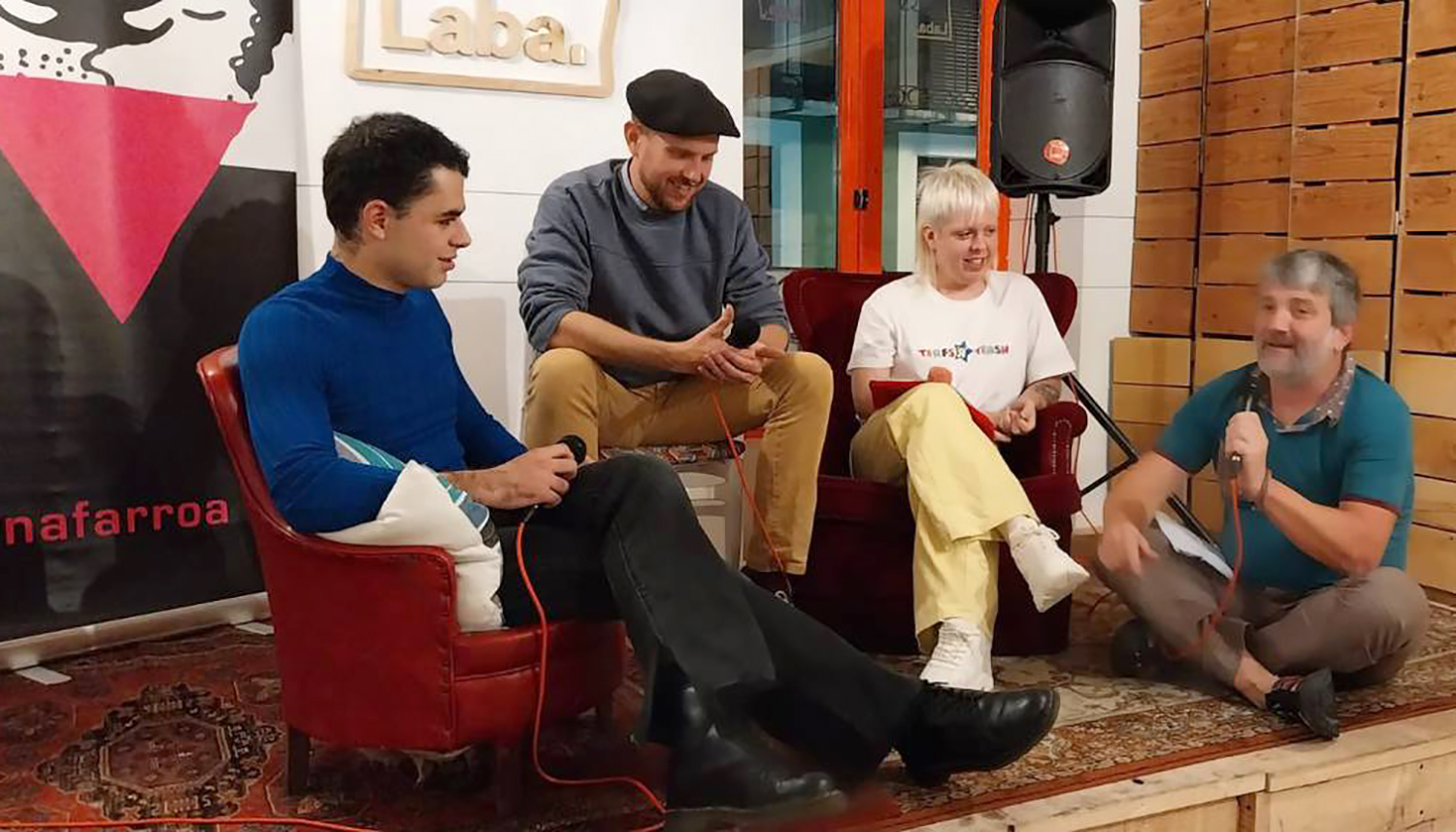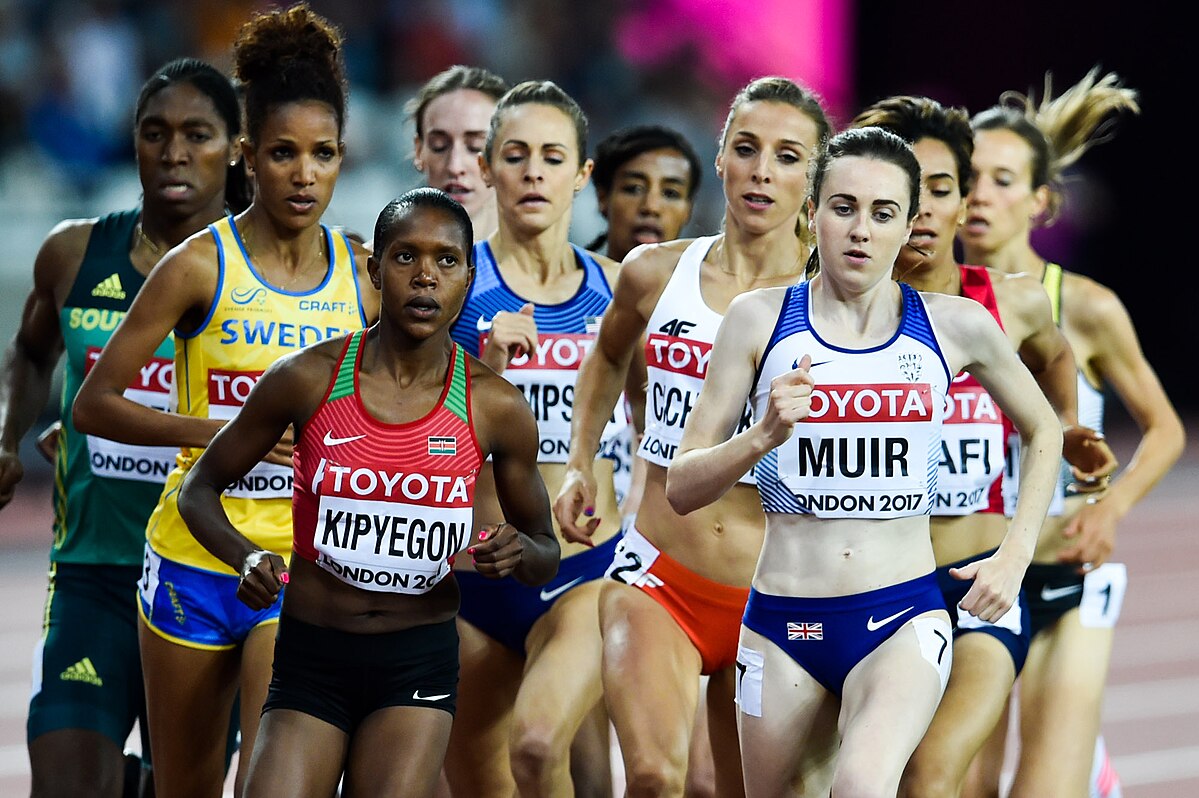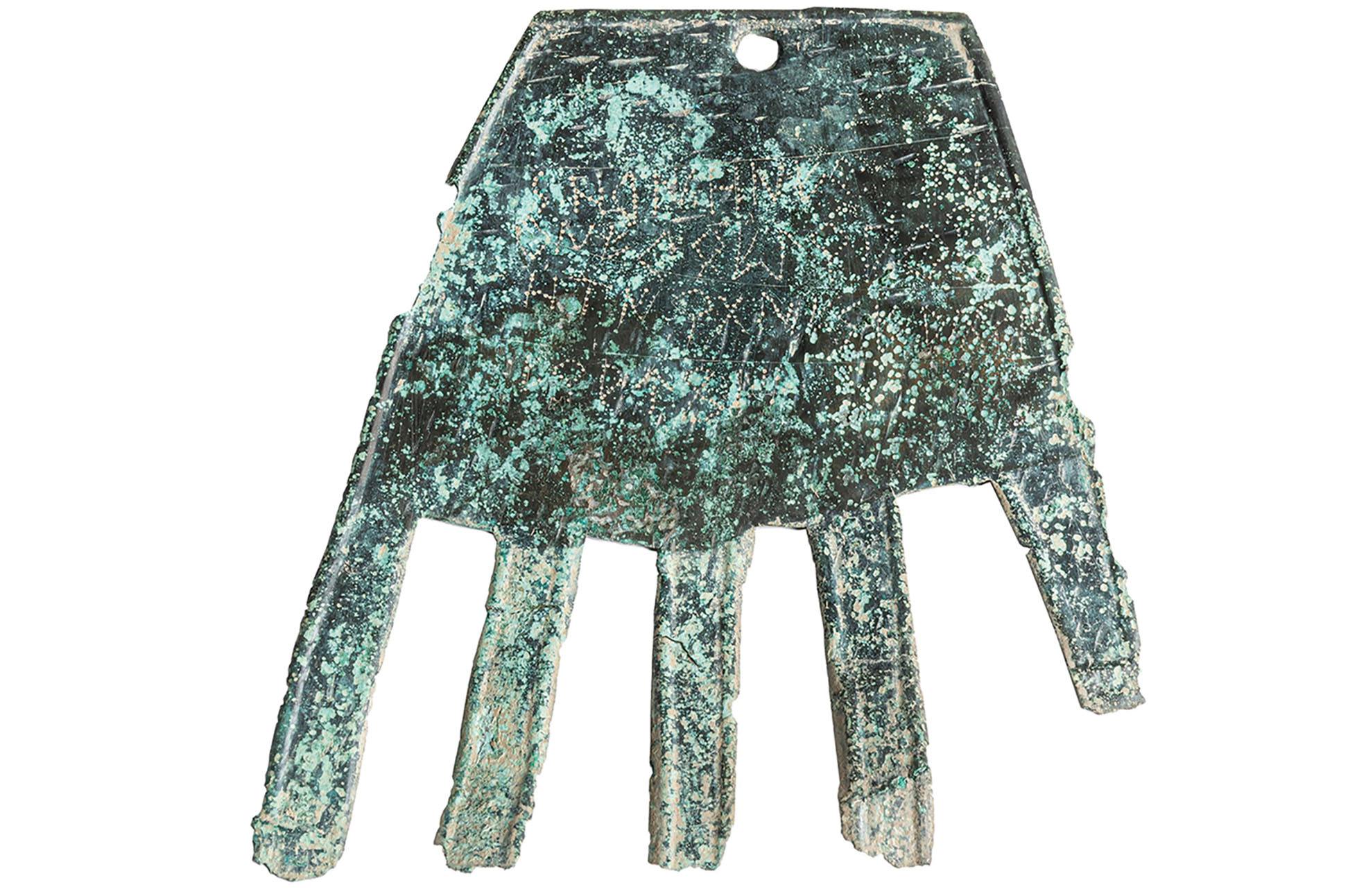"The world isn't complicated, the science that lives with it has complicated things."
- The psychologist and linguist Jean-Paul Bronckart was in October in the Basque Country in the course “Euskara oinarri eta eleaniztasuna xede” organized by the UEU and the research group Elebilab. The spirit behind many of the material languages used by our students is that of the Bronckarts, and we have gone to search for the Su-Lama that emerges from that spirit.
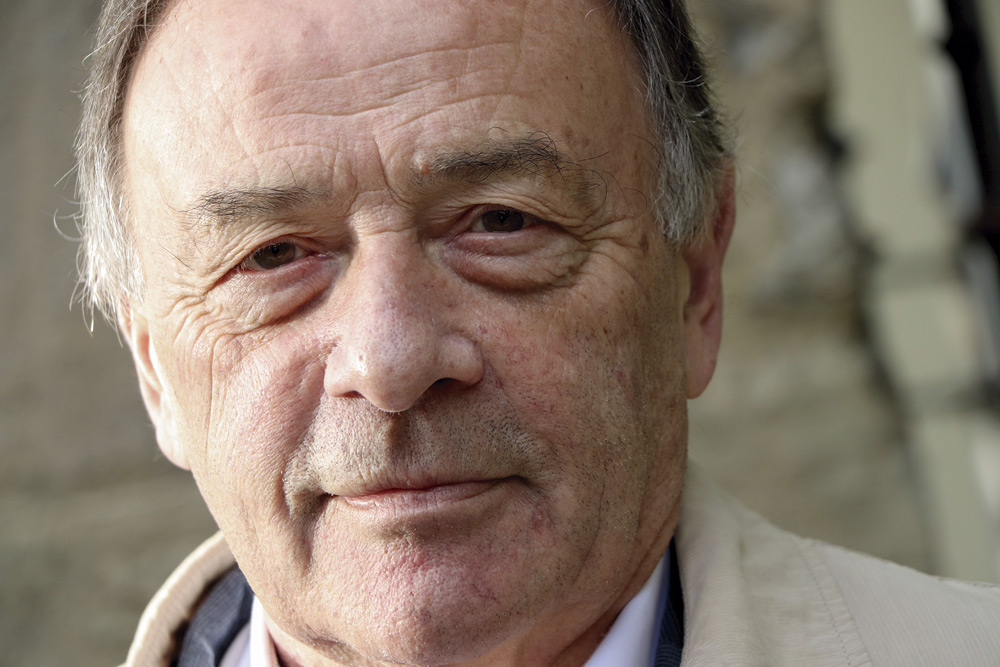
Hizkuntzaren ikas-irakaskuntza du, oroz gain, ikergai, Genevako Unibertsitateko Psikologia eta Hezkuntza Zientzien fakultatean. 1968an heldu zen hara, Jean Piagetekin lan egitera. 300 lan baino gehiago ditu argitaratuak. Tartean dira, esaterako, haur elebidunen eta eleaniztunen ikasketa prozesuei buruzko ikerketak. Munta handikoak dira, bestalde, elkarreragite sozio-diskurtsiboaren oinarriak lantzeko ikerketak; horietan hizkuntzaren funtzionamendua ulertzeko proposamen teorikoa sakondu du, gauza zinez garrantzizkoa hizkuntzaren irakaskuntzari dagokionez. Era berean, parte-hartze zuzena izan du Euskal Herriko ikasle eta irakasleen ikas-irakaste prozesuetan, eta alde horretatik, uste baino etxe barrurago sartua zaigu Bronckart.
Is language taught?
Yes, of course! Regardless of the human level of the language, the language is taught because it must be practiced. To be able to use the language properly, you have to know how it works. And to do that, you have to learn, whether it's by trying to yourself, or by teaching what you know. On the one hand, we could talk about learning the foreign language, in which academies, experts and linguists intervene. On the other hand, each speaker who speaks the language is the speaker who knows how to speak the language and the speaker. The teaching of language is therefore the creation of a movement between the academy of the language and the language itself. It's an interaction, if you want. The theory of language is not enough, it requires a regular practice of the speaker. In other words, the teaching of language is nothing more than putting into circulation the collective and individual knowledge of all.
Over time, forms of teaching, criteria, methods and didactics have changed radically. How should language be taught today?
It would be a little inconsistent if I were to tell myself how language should be taught today! It is not at all clear. As you said, the teaching of the language has passed different times. For many years, teaching grammar was teaching language. The time lasted a lot. Then another wind blew, and at the head of everything, because there had been the teaching of foreign languages. At that time, the practice was granted and it is still given priority. The first thing that was done was to practice the language, that is, to speak, to mean what you have, then leaving the rules and so on. Today I will say what we are doing in Geneva, which is what I know best: working on the interaction between the two. That is, not only practice, but also grammar. We try to deepen the relationship between the two, reflecting on how practice can help grammar and vice versa. I do not know if it is a reality, but at the moment, in my opinion, and as far as language teaching is concerned, grammar must be put at the service of practice and, in any case, practice must be put at the service of communication. This is the work, and it is not easy, as both sides also resort to exaggeration, both grammar and practice: they used to work grammar exaggerated, and spontaneity is now tending to be put before it in an exaggerated and blind way. I, in my inner world, would say that we are trying to compensate for the balance.
“In education, immersion is the best and worst system at once”
How should minority languages be taught?
Like most languages. For me there is no language of minorities or majorities. The historical and political situation leads to this. These are not matters of language: all languages are equal. That is why I argue that there is only one human language. This language has materialised differently in both, but there is only one language and, therefore, all languages have the same status, the same importance.
What do you think of the attitude of the governments here and there, that it is “a state, a language”? That's where Spain and France are, that's what they're on the four corners of the world.
Sometimes, for political reasons. Partisans, I would say: That is to say “my language is better than the others.” There are also economic reasons, of course. It is much easier, economically speaking, to teach a language than to teach two, three or four. Let me give you an example that is unknown or that appeals to confusion. The only language recognized by the French State is French. “After the revolution,” they say. But that's a lie. In the first two years after the French Revolution, all the edicts of the Republic were broadcast in all the languages of France. That was then decided by the political leaders. In Basque, Occitan, Flamenco, Breton, Altsatian… all the legal notes of the time were disseminated. Two years later they realized they couldn't do that. The translators had to pay, so did the printing press, this and that…

That is why they rejected the languages of the other peoples?
Yes, yes. There was nothing else. From one side to the other, they radically changed their intention and they chose a language, a language for all. Today, French officials say that the Revolution brought a language. It's not true. The revolution, at first, declared that all languages were correct. But because the work in all languages was expensive, it was complicated to organize everything, there was an ideological shift. What was an economic issue was reinterpreted according to ideology, and a “sufficient and unique language” was established. And that belief also spread among the English and even among the Americans, saying, moreover, that the world was much better like this.
Since when do you have anything to do with Euskera?
My first contact with the Basque Country was with Professor Itziar Idiazabal. I was a professor in Geneva in 1969. So a few years have passed! And if I'm not mistaken, there appeared Itziar in 1974. By then, I was already studying the child's psycholinguistics. He studied the way the child learns the language, that is, the strategies he uses to appropriate it. I made my thesis about French. Then, when I began to investigate the case of German, Itziar appeared, who told us about the extraordinary particularity of Euskera. And because it was a language different from others, we asked ourselves: “Is the way to acquire the language the same in the children of this language?” And so we started the research and then Itziar completed the thesis. In 1983, I think it was the year in which it was introduced. He later worked as director in the Basque Government’s Department of Education and we were in touch with him. So I came to Vitoria to work with Anton Kaifer and others, and since then I have not stopped coming to Euskal Herria. And, for example, I worked intensively on the preparation of the World Congress that was held in San Sebastian in 1987. Since then, other collaborators have also come to your country, such as Joaquim Dolz, who has been my assistant and who has done nothing but strengthen the interaction between Euskal Herria and Geneva.
What do you say about immersion?
Submerging is the best and, at the same time, the worst. It will be good to address the above, that is, practice and knowledge. We have to go to the '80s to talk about the wall. At that time, immersion was established here and there, and well, but it is not enough. Because it's not about submerging, it's about how it takes place, under what conditions it takes place, how the process is controlled, because there's an idealistic side to the notion of immersion. Demos, Geneva, now. We have an impressive multilingualism in Geneva. To begin with, in the neighborhood where I live, for example, Portuguese is everywhere, and in school it is the main language! You're also interested in African languages, also Asian languages, including French. A simple dive doesn't work in certain situations. To begin with, in that situation in Geneva. Once immersion has been established, the process of appropriation of the language must be worked out, permanently revised, and for this purpose teachers must be trained, they must teach them to talk to each other, they must share reflections... The theme is not “to immerse oneself, not to dive”, but how we do it, how we do it, how we do it. To immerse yourself, as I said to you a moment ago, is the best and the worst system at once.
"For me there are no languages of minorities or majorities. The historical and political situation leads to this"
You brought us to the mention of multilingualism. Before, we were worried about bilingualism. Now there are two, three, four living languages in one room. The playing field has changed a lot.
It's not about the world getting complicated, it's about the science that lives looking at the world getting complicated. Ja, ja… However, the world has changed radically, it is more plural than ever, and so are the situations, many, rare too, many times. And we must always use language. Language. For me, there is no dialector. Language is what any human group produces. Wipe out, above all, before. Another thing is the political or legal status of the language in question, whatever it may be, but it is the language. In one of them, only one language is at stake. On the other, two, three or more. They're all languages.
“Txikitan, waloniera eta frantsesa hitz egiten nituen. Herrian baziren, bestalde, flandriera hitz egiten zutenak. Gurean, etxeko txikiena nintzenez, apaiz izan behar nuen. Eta apaizgaitegira bidean jarri ninduten 10 urte nituela, eta hantxe egin nituen Bigarren Hezkuntzari zegozkion ikasketak. Apaizgaitegia, hala ere, alemanez hitz egiten zen eskualdean zegoen; pladeusch-a hitz egiten zen bertan. Beraz, waloniera, frantsesa, flandriera eta pladeusch-a nituen ezker-eskuin jokoan. Gaztetxotan jakin nuen eleaniztasuna zer zen. Oraingo egunean, inguru hartan euroeskualdea osatua dute Maastrichtek, Aachenek eta Liegek, eta lau hizkuntza horiek hitz egiten dira bertan”.
“Oraingo egunean ez dut walonieraz solastatzeko aukerarik. Herrira joaten naizelarik ere, gutxik dakite walonieraz. Frantsesa, berriz, neure hizkuntza dut. Gainera, Suitzan egonik, nire barruan, alemanak gaina hartu dio flandrierari, oso hurrekoak baitira. Eta, azkenean, ingelesez ere ikasi behar izan dut; lanean funtzionatzeko, bistan dena. Arrazoi berarengatik, espainolez eta portugesez irakurtzeko gauza ere banaiz. Ez euskaraz, hala ere, baina ikasi dut hitzen bat edo beste esaten”.
“[Piarres] Lafitte abadearen gramatika hartzen badugu, adibidez, berehala ohartuko gara hark latinaren kategoria gramatikalak euskarari egokitzen lan egin zuela. Oraingo egunean hizkuntza modu horretara erakustea izorramendia litzateke. Hizkuntza irakastekotan, haren funtzio nagusiak landu behar dira, baita gramatika ere, baina kasu eman behar da, zeren eta gramatika garrantzizkoa izanik ere, hizkuntzaren irakaskuntzaren historian gramatikakeria nagusitu baita, zoritxarrez”.
“Lana franko egin dut Genevako eskoletan, ez Suitzakoetan, hala ere, herrialdeko hezkuntza sistema kantonamenduen araberakoa baita. Irakasleen prestakuntzan ere gogotik saiatu naiz, eta esaterako, neuk trebatuak dira denak. Denak! Genevaren abantaila da txikia dela, 2.060 irakasle ari dira hizkuntza irakasten, gehiago ez, eta beraz, erraz da haiekin lan egitea”.
Is it important to use a language correctly? To what extent is it so necessary to master grammar or to have a broad vocabulary? I’ve always heard the importance of language, but after thinking about it, I came to a conclusion. Thinking often involves this; reaching some... [+]
Ansorena´tar Joseba Eneko.
Edonori orto zer den galdetuz gero, goizaldea erantzungo, D´Artagnanen mosketero laguna edo ipurtzuloa, agian. Baina orto- aurrizkiak zuzen adierazten du eta maiz erabiltzen dugu: ortodoxia, ortopedia, ortodontzia... Orduan (datorrena... [+]
We are seeing more and more spelling errors in the writings of social networks, not only of young people, but also of the media. Some have become so common that they hardly hurt their eyes.
In this way, we can read in Spanish many things like: "You lose a dog," "It'll be that or k... [+]
Euskaltzaindia's motto is "ekin eta jarrai" ("ekin eta jarrai"), the outlawing of Euskaltzaindia. I don't know why the Academy wasn't outlawed, all three words appeared on its logo. The allegations have been made with less - and (those of one age remember the cassette of The Mondragon... [+]
Euskararen biziberritzea Ipar Euskal Herrian jardunaldia antolatzen du ostiral honetan Baionan Euskaltzaindiak. Euskararen alde egiten dena eta ez dena eztabaidatzeko mementoa izango da. Eragileak eta politikariak bilduko dira egun osoan.
In a one-hour commute to the workplace, I am accompanied by the car radio. On yesterday's journey, I had the opportunity to enjoy a short story program, as the last port of the road, full of curves, began in Karrantza. Short legends, yes, of few words, but stories of great... [+]









